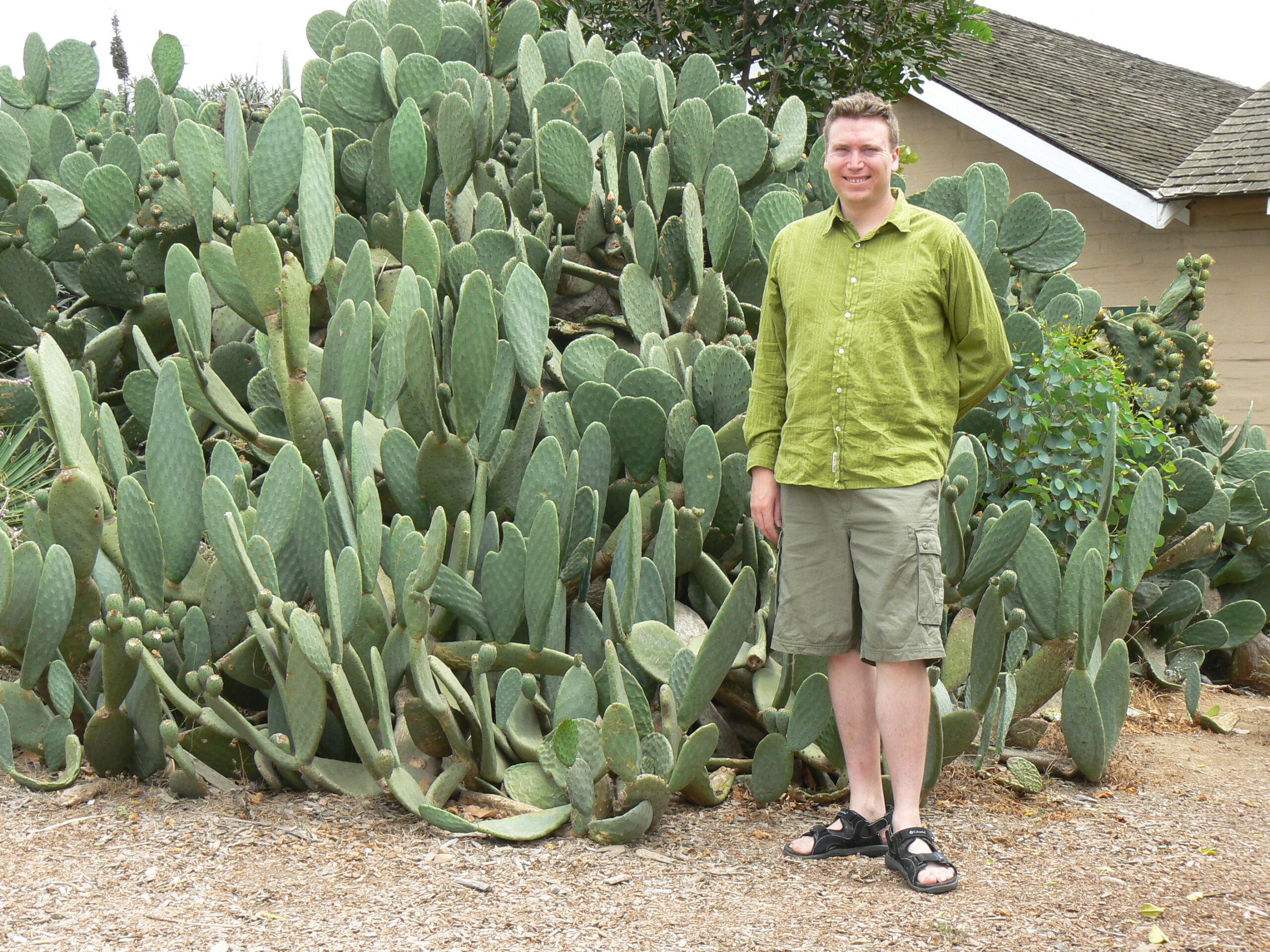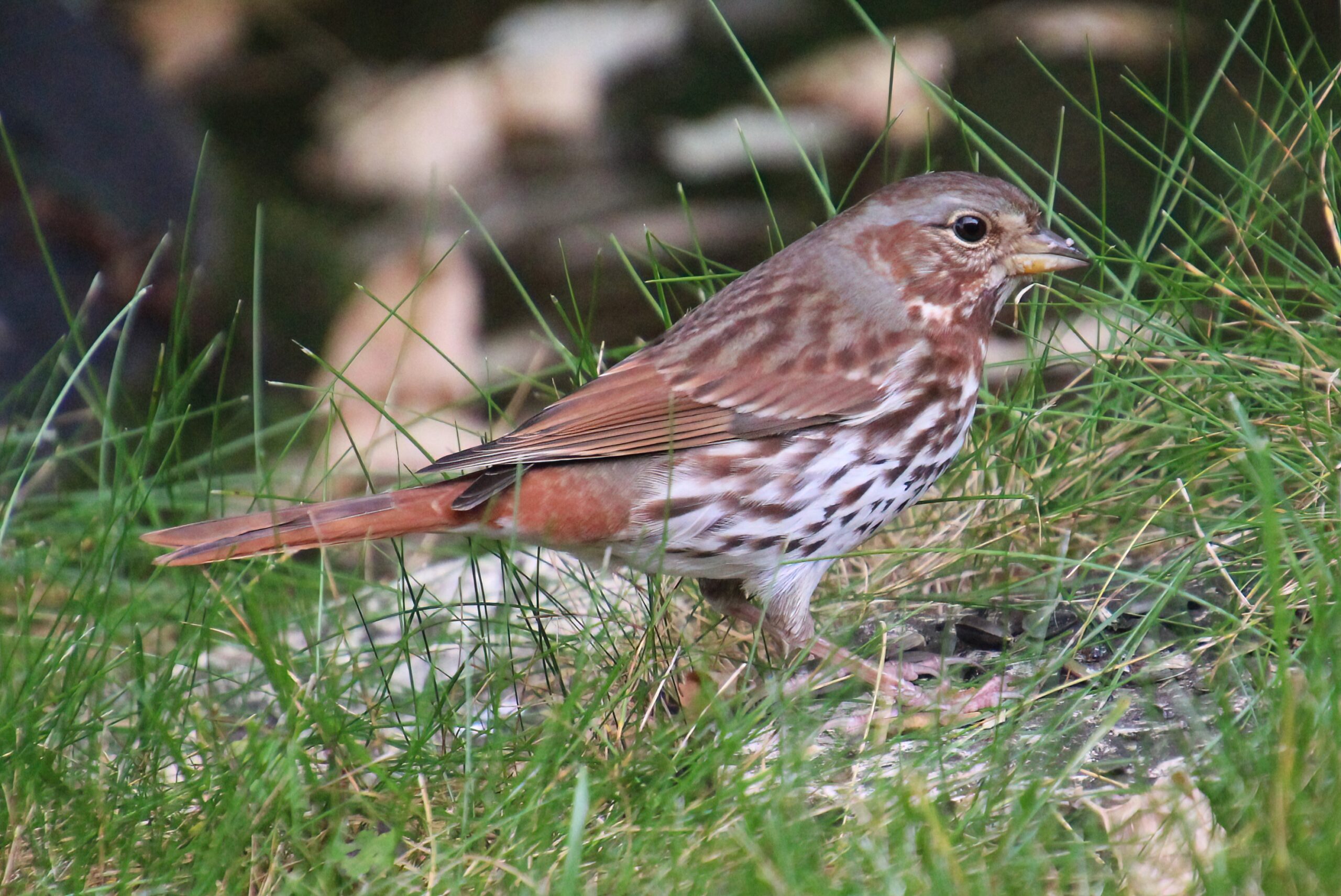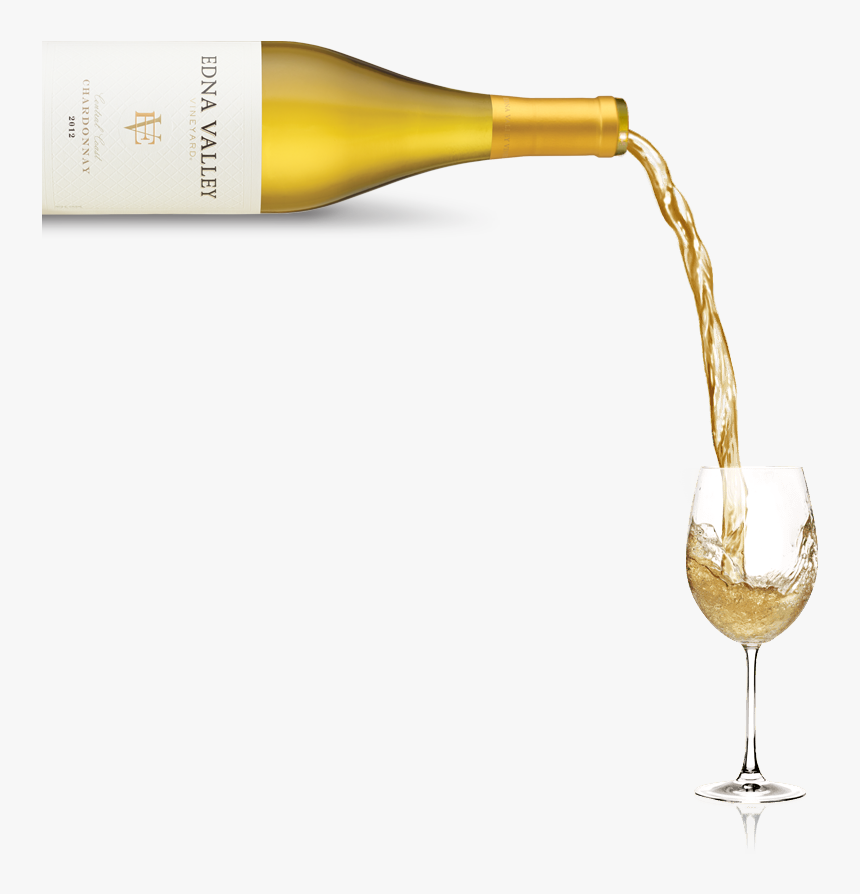
We have a little cardboard box of seeds we pull down from our cupboard every year around this time. While the snow still covers the garden, we fold open the flaps of our seed box and rifle through the contents. We hold up zip-lock bags and peer inside, turn over crumpled packets of beans, we shake and rattle envelopes and try to read our handwriting on slips of paper. This messy system of seed storage is actually a garden in a box. These seeds carry the building blocks of life for our yard. Each is small, but offer the promise of food, flowers, and beauty. That something so unassuming can become so much is one of life’s profound mysteries.

In the 1960’s some seeds were found in the area around the Dead Sea in Israel. During excavations of Masada, they found all kinds of ancient 2000 year old artifacts. These seeds were from a species of Judean date-palm tree that no longer exists, so they were special, but after they were recovered they were simply stored away with other archeological discoveries. Perhaps due to the dry climate and possibly because the Dead Sea is the lowest point on earth and less exposed to certain environmental factors, these seeds were remarkably preserved. in 2005 one of these seeds was taken by scientists, treated, planted, and to the surprise of everyone, one of the seeds sprouted and grew. Few could imagine that a 2000 year old seed would grow, but it did. It became a full adult date palm they affectionately named “Methuselah.” Recently, a team of scientist came across several more seeds and now six more ancient, formerly extinct palm trees are growing. With cross pollination between these ancient trees, we may soon be able to taste dates that have not existed for centuries.
Seeds have been a symbol of hope for thousands of years. They capture our imagination with promise that after drought, snow, ice, and long dark seasons, something can emerge. Even now, after the horrific wildfires of Australia, people are discovering the amazing resilience of plants. Seeds that have withstood the destructive power of fire, and against the odds, have begun to create life again. In spite of all the loss, life is emerging again.
It may seem at times that everything is against us. Time and decay coupled with the dry and the cold can make us believe that there is no hope or a future. A tragedy might strike our home and neighbourhood and leave us wondering if life will ever come again. Yet seeds can be a reminder that death is not the end. In this season of Lent, the 40 days leading up until Easter, we are invited to consider what loss and sorrow means. For many, this is a time of waiting and hoping and wondering if life will come again. Like a seed left un-noticed for a long time, and one day found, Lent is a time to ask if perhaps the hard and dead places in our life may one day sprout again.
As you pull out old seed packages and consider what spring might look like for your garden, may you also be reminded of the places of new growth waiting to happen in you life, in your home, and in your neighbourhood, too.






